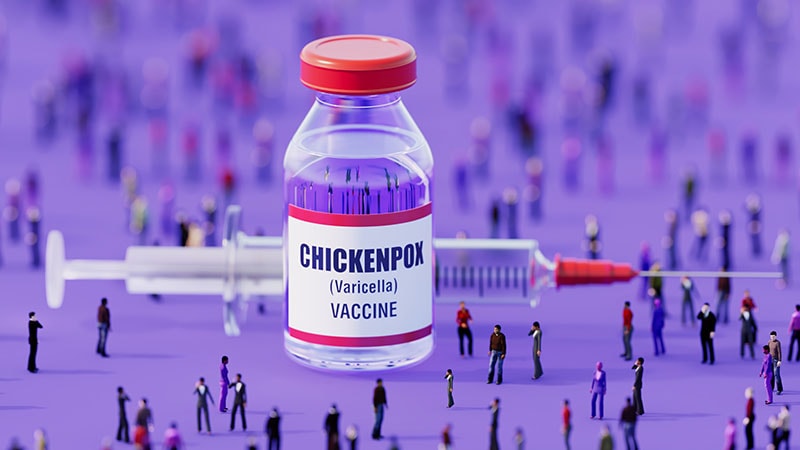The European Medicines Agency’s (EMA) Pharmacovigilance Risk Assessment Committee (PRAC) has recommended an update to the product information of the varicella (chickenpox) vaccines Varilrix and Varivax to describe the severity of the risk for encephalitis. This follows a safety review prompted by a fatal case of encephalitis in a child in Poland after receiving Varilrix, a live-attenuated varicella vaccine.
The amended product information will provide more specific detail on encephalitis as a known adverse reaction to live-attenuated varicella vaccines, including acknowledgment of rare cases with fatal outcomes.
Patients and caregivers should be advised to seek immediate medical attention if symptoms suggestive of brain inflammation — such as persistent headache, altered mental status, or seizures — occur following vaccination.
The update serves as a reminder to assess patients thoroughly for any immunocompromising conditions prior to administering live vaccines. It also highlights the importance of postvaccination counseling.
The revised guidance will also extend to combination measles, mumps, rubella, and varicella (MMRV) vaccines such as Priorix-Tetra and ProQuad, which include the same live-attenuated varicella component. Updated product information will include more specific descriptions of encephalitis symptoms and timing, helping clinicians and patients recognize early warning signs and seek timely medical attention.
A 2024 case series spanning 15 years documented 20 instances of varicella vaccine-associated meningitis or encephalitis in immunocompetent children and adolescents. These cases, identified using cerebrospinal fluid PCR and metagenomic sequencing, underscore that serious neurologic events can occur but remain exceptionally rare.
A 22-year global review of live-attenuated varicella vaccine analyzed data from more than 212 million doses administered between 1995 and 2017, finding that common adverse events decreased over time — from approximately 500 reports per million doses (in 1995) to approximately 40 per million (in 2016). Serious adverse events were extremely rare, at 0.8 per million doses.
A recent Chinese postmarketing study involving more than 7.4 million administered doses reported that serious neurologic events represented only 0.51% of all adverse events following immunization, with no reported fatalities.
